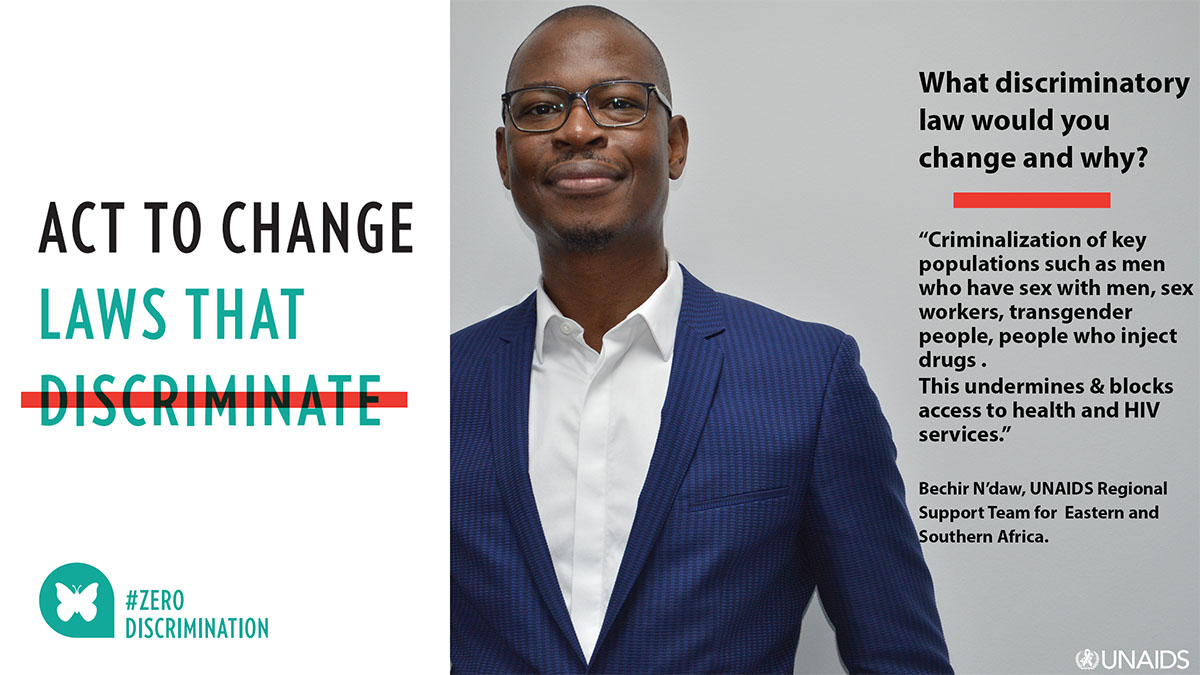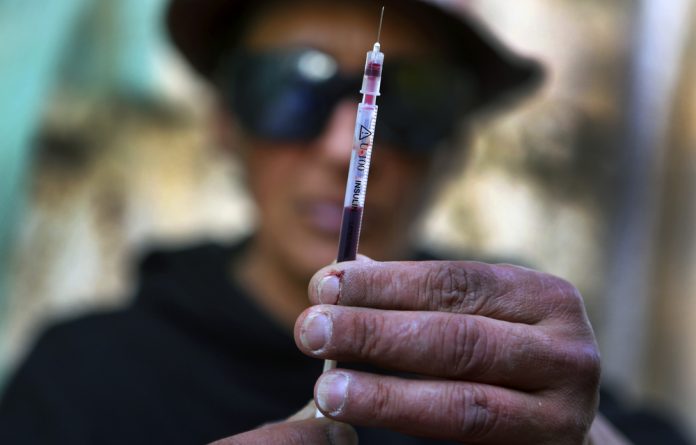Zero Discrimination Day 2019
UNAIDS urges action to change discriminatory laws in order to restore dignity and respect and save lives
On Zero Discrimination Day, UNAIDS calls on countries to examine discriminatory provisions in their laws and policies and make positive changes to ensure equality, inclusion and protection.
“Human rights violations are happening all over the world because of discriminatory laws and practices,” said Michel Sidibé, Executive Director of UNAIDS. “Laws must protect, not cause harm. All countries must carefully examine their laws and policies in order to ensure equality and protection for all people, without exception.”
On Zero Discrimination Day, UNAIDS recalls the equal dignity and worth of every person, as enshrined in the Universal Declaration of Human Rights, and is calling for action to change discriminatory laws and practices, which are a significant barrier for access to health and other services.
|
You can't treat what you can't count: No one knows how many people inject drugs in east and southern Africa. |
Southern Africa’s missing drug users: We can’t treat what we don’t count
A few times a week a group of ex-drug users pile into a small hatchback and run the gauntlet through the streets of inner-city Pretoria.
They’re not looking to score.
They’re looking for people who inject drugs.
The handful of peer educators is armed with clean needles and information that could spare drug users from contracting HIV or hepatitis C, a virus that causes serious liver damage and can be transmitted sexually or via shared needles.
Read the full story here











